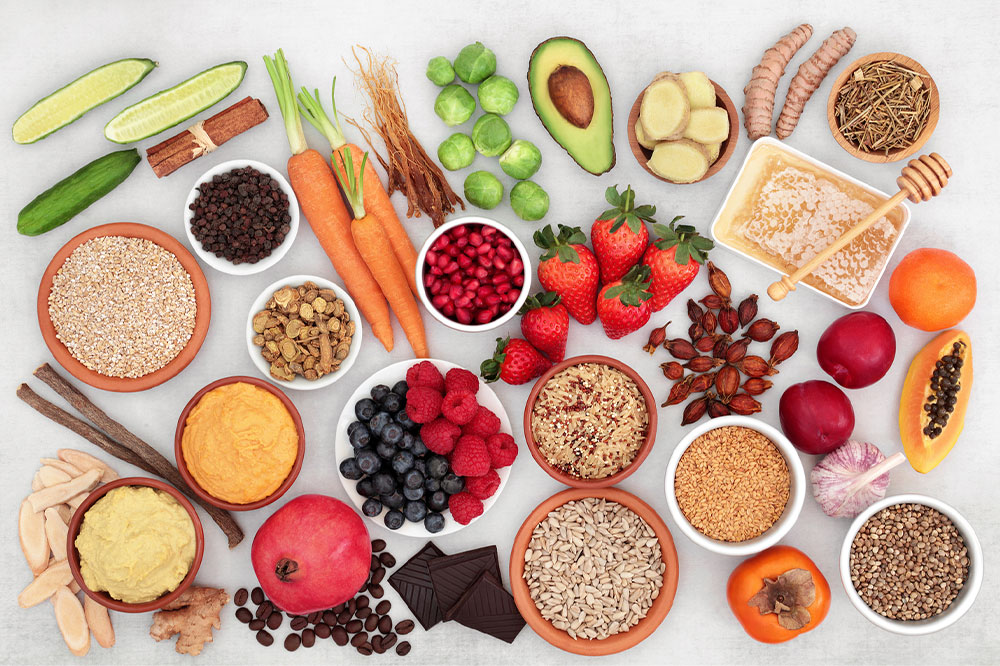Asthma refers to a common breathing condition where the airways narrow and swell, making breathing difficult, triggering symptoms such as coughing, wheezing, and shortness of breath. Many individuals manage this condition with the help of medications and other treatments. But, many also try to keep their signs and symptoms at bay by eating certain foods and following a strict meal plan. In this article, we discuss a few foods that fight, relieve, and control asthma.
Foods with high vitamin D
When it comes to fighting asthma, foods with vitamin D can be a strong ally. Studies have shown that low levels of vitamin D in the body are associated with an increase in the risk of developing asthma in both adults and children. Studies have also shown that adequate amounts of vitamin D can help reduce the risk of severe asthma episodes. Apart from strengthening bones, vitamin D is also known to support lung function and reduce the risk of upper respiratory infections, such as cold and flu. You can get your required amount of vitamin D from the sun or from your food. Foods that have high amounts of vitamin D include fatty fish, such as salmon and tuna; mushrooms; cheese; and egg yolks. Individuals can also opt for vitamin D supplements or try vitamin-D-fortified foods.
Fruits and vegetables
If you’re looking to tackle the signs and symptoms of asthma, you can do so with the help of fruits and vegetables. Fruits and vegetables are nutritious and contain tons of vitamins, minerals, and antioxidants. Fruits are also a good source of the antioxidant beta carotene. Beta carotene is a red-orange pigment found in some plants and fruits. It protects the body from free radicals that can lead to several chronic conditions. It helps prevent cancer and even reduces the risk of heart disease. What many do not know is that beta carotene can also help with asthma, as it reduces inflammation and swelling in the lungs.
Foods with high omega-3 fatty acids
When it comes to fighting asthma, omega-3 fatty acids can be helpful. This is because omega-3 fatty acids are known for their anti-inflammatory properties. Omega-3 fatty acids can help reduce the inflammation in the lungs, which helps relieve the signs and symptoms of asthma, keeping asthma attacks at bay. Foods with high omega-3 fatty acid content include salmon and mackerel. Plant-based alternatives include walnuts, chia seeds, and flax seeds.
Note that there is no conclusive evidence that certain foods can affect the frequency or severity of asthma. It is best to consult your doctor before making any significant changes to your meal plans.
People with asthma can choose treatment options such as Spiriva Respimat. This is a long-term, prescription-based maintenance treatment for patients aged six and older. Additionally, about 65% of Medicare plans cover Spiriva Respimat; however, one should consult their Medicare Advantage provider for more details.



